Correct/not: difficult to go organic in pots?
Need2SeeGreen 10 (SoCal)
9 years ago
Related Stories
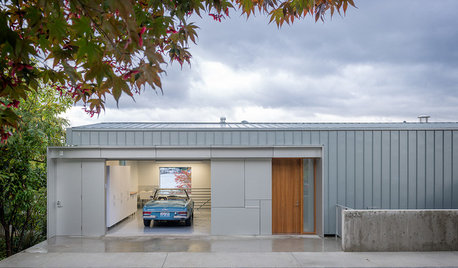
MOST POPULAR10 Reasons to Get Rid of More Clutter
From a calmer mind to a more workable closet, the benefits of streamlining are just a few trash bags away
Full Story
KITCHEN DESIGNSee-Through Refrigerators Dare to Go Bare
Glass-front fridge doors put your food and drinks on display, for better or worse. See the benefits and disadvantages
Full Story
GRAYGoing Greige: Tips for Choosing This All-Around Neutral
Here are some ways to highlight and complement your home with this elegant hybrid of gray and beige
Full Story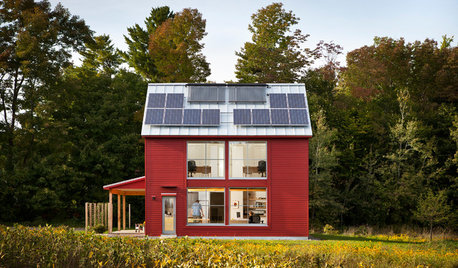
GREEN BUILDINGGoing Solar at Home: Solar Panel Basics
Save money on electricity and reduce your carbon footprint by installing photovoltaic panels. This guide will help you get started
Full Story
ECLECTIC STYLEBeautiful Clutter? These 13 Rooms Say Go for It
No need to haul cartons to Goodwill for a picture-perfect room. You can have a well-decorated home and all your stuff too
Full Story
CLOSETS8 Dream Closets Go Beyond Storing Clothes
Yes, they've still got hangers and drawers. But these luxurious dressing rooms also have views, artwork or an added purpose
Full Story
KITCHEN COUNTERTOPSKitchen Counters: Granite, Still a Go-to Surface Choice
Every slab of this natural stone is one of a kind — but there are things to watch for while you're admiring its unique beauty
Full Story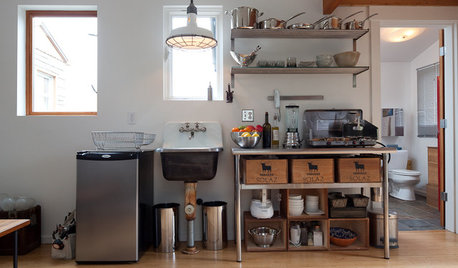
REMODELING GUIDESShould You Stay or Should You Go for a Remodel? 10 Points to Ponder
Consider these renovation realities to help you decide whether to budget for temporary housing
Full Story
KITCHEN OF THE WEEKKitchen of the Week: Fans of Traditional Style Go For a ‘Mad Men’ Look
The TV show inspires a couple to turn their back on the style they knew and embrace a more fun and funkier vibe in their kitchen
Full Story
WORKING WITH PROSGo Beyond the Basics When Interviewing Architects
Before you invest all that money and time, make sure you and your architect are well matched beyond the obvious levels
Full Story





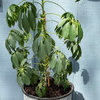
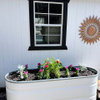

oxboy555
greenman28 NorCal 7b/8a
Related Professionals
Surprise Landscape Architects & Landscape Designers · Washington Landscape Architects & Landscape Designers · Fairview Landscape Contractors · Lynchburg Landscape Contractors · Nashua Landscape Contractors · Mokena Solar Energy Systems · Teaneck Solar Energy Systems · Savannah Window Contractors · Oviedo Window Contractors · Channahon Fence Contractors · Lorton Fence Contractors · North Miami Beach Fence Contractors · Pensacola Fence Contractors · Redondo Beach Fence Contractors · Richmond Fence ContractorsNeed2SeeGreen 10 (SoCal)Original Author
Jay Part Shade (Zone 10B, S21, Los Angeles)
suncitylinda
drew51 SE MI Z5b/6a
Need2SeeGreen 10 (SoCal)Original Author